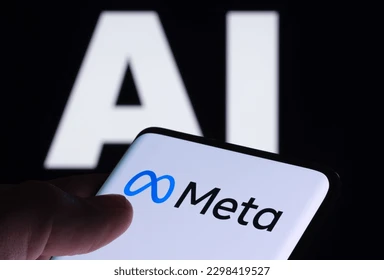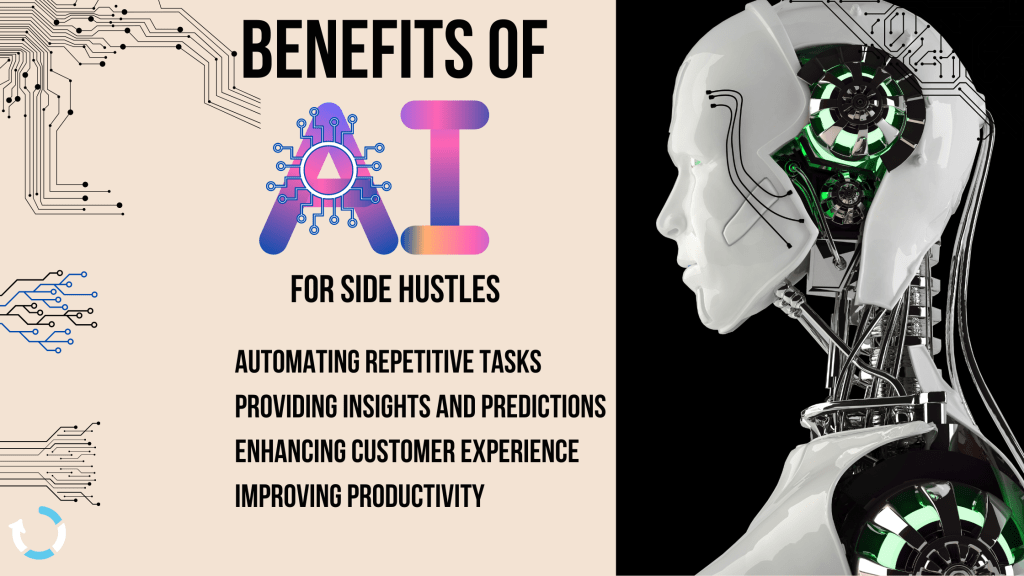
Meta is the parent company of several high-profile platforms and technologies, most notably Facebook, Instagram, WhatsApp, and Oculus. Founded by Mark Zuckerberg in 2004 as Facebook, the company rebranded to Meta in 2021 to reflect its broader vision of developing the metaverse—a digital space that merges physical and virtual realities. Meta’s mission is to build community, connect people, and innovate in the realms of virtual and augmented reality (VR/AR) to shape the next generation of social experiences.
Key Elements of Meta
- The Metaverse Vision: Meta’s rebranding highlights its focus on creating the metaverse—a 3D virtual world where users can interact, work, play, and socialize in immersive digital environments. Meta is investing heavily in developing the technologies, platforms, and hardware necessary to bring this vision to life, such as virtual reality (VR) with its Oculus products and augmented reality (AR).
- Social Media Platforms:
- Facebook: The world’s largest social media platform, Facebook allows people to connect with friends, share content, and join groups based on common interests.
- Instagram: A photo and video sharing platform known for its user-friendly interface, filters, and stories, Instagram is one of the most popular apps globally, especially among younger audiences.
- WhatsApp: A free messaging service used by billions worldwide, WhatsApp provides end-to-end encrypted text, voice, and video communications.
- Messenger: Meta’s standalone messaging app for Facebook, which offers chat, video calls, and group interactions.
- Virtual Reality and Augmented Reality:
- Oculus: Meta’s VR division focuses on immersive experiences with Oculus VR headsets, such as the Oculus Quest, which allow users to engage in gaming, virtual socializing, and professional environments.
- Augmented Reality (AR): Meta is also developing AR technologies, enabling digital content to overlay the real world through devices like AR glasses. This plays a key role in Meta’s metaverse ambitions.
- Artificial Intelligence and Data Science: Meta invests heavily in artificial intelligence (AI) to improve user experiences on its platforms, enhance content moderation, and provide personalized advertising. AI also powers innovations in VR/AR and is critical in realizing the metaverse’s potential.
- Global Connectivity Initiatives: Meta is working on initiatives to connect underserved regions to the internet, including satellite internet projects and other technologies aimed at reducing the digital divide.
- Monetization and Business Tools: Meta offers businesses a wide array of tools to reach their customers, including targeted advertising and advanced analytics. Small and large businesses alike use Meta’s platforms for marketing, customer engagement, and e-commerce, especially through Facebook and Instagram.
- Privacy and Controversies: Meta has faced scrutiny over issues related to data privacy, misinformation, and monopolistic practices. Despite this, the company is committed to improving user security and transparency, particularly in its handling of data and privacy concerns.
- : Meta is making strides towards sustainable practices, including reducing its carbon footprint and improving its energy efficiency. The company aims to operate on 100% renewable energy and achieve net-zero emissions across its value chain.
Brand Philosophy
Meta’s mission is to give people the power to build communities and bring the world closer together. Through its platforms and future innovations like the metaverse, Meta aims to create meaningful social experiences that bridge the gap between digital and physical worlds. With a focus on connectivity, inclusivity, and innovation, Meta envisions a future where people can interact and engage in new and immersive ways, both online and offline.
If you’d like more detailed insights into any specific part of Meta, feel free to ask!










